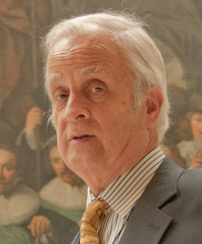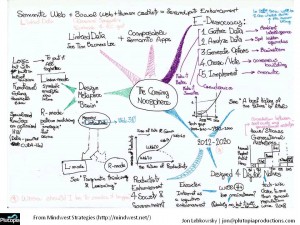
Dr. Gordon Cook is a Hacker inspired by Dave Hughes to create a living document, The Cook Report on Internet Protocol, that manifests itself in both a Blog, Cook's Collaborative Edge, and a document, now in Version 4, E Pluribus Unum* Resurrected: How Human Ingenuity, DIY Technology, and Global R&E Networks Are Remaking the World (February 2011).
His background includes two years as Senior Analyst at the US Congress Office of Technology Assessment (1990-1992), three years as Senior Editor at the John von Neumann National Supercomputer Center (1987-1990), and long period at Policy Analyst and Technical Writer for Delta Data and Computer Sciences (1977-1986).
His education includes a BA from Columbia (1965), an MSc in Economics from the London School of Economics (1966), a PhD from Duke University (1972), and an MLS from Rutgers (1976).
Tip of the Hat to Contributing Editor and Who's Who in Collective Intelligence: Venessa Miemis for the pointer.






